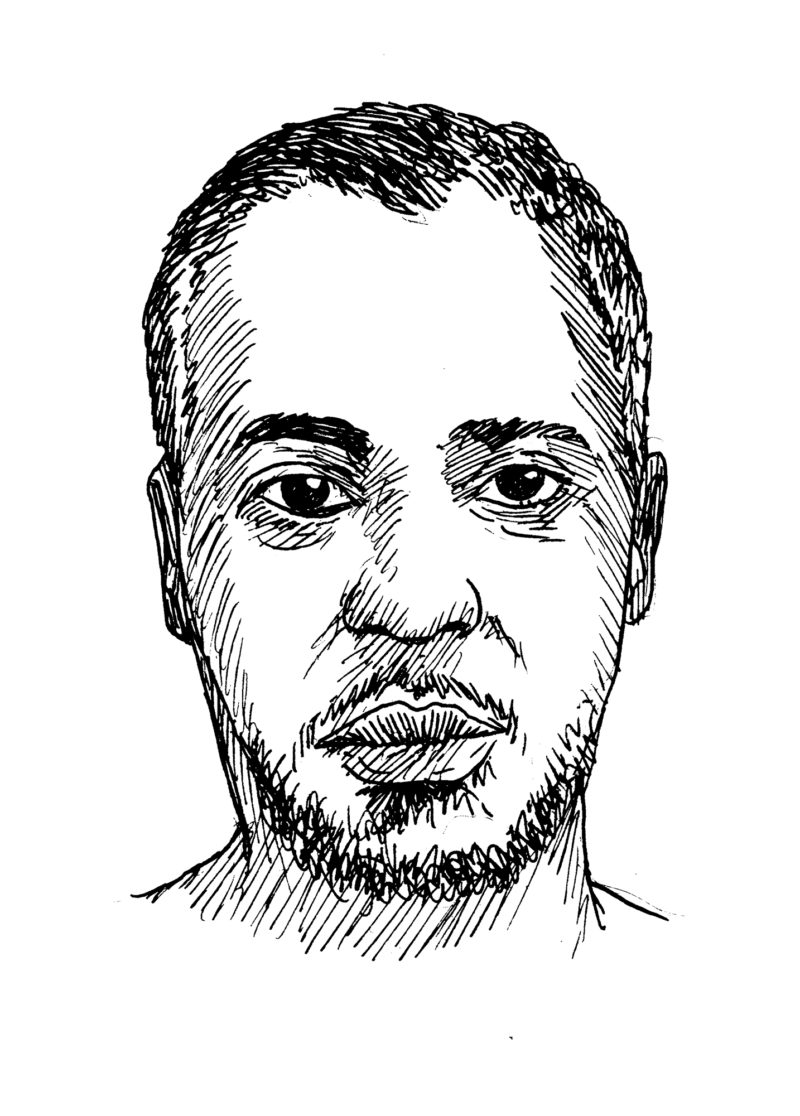Brontez Purnell has spent much of his life reimagining what an American punk can be. Galvanized by the revolutionary soul force of the Riot Grrrl movement, he clawed his way out of Triana, Alabama (population around five hundred), and arrived at an Oakland, California, warehouse in 2001, at nineteen. He joined the queer electroclash band Gravy Train!!!! as a dancer; penned a zine, Fag School, which he hoped would be Sassy for gay boys; and by 2003 was making solo bedroom recordings as the Younger Lovers.
Since then, Purnell’s work has encompassed such a breadth of disciplines and ideas that it is hard not to marvel at the sheer uncontainability of it all. He studied postmodern dance and, in 2010, started the Brontez Purnell Dance Company, which spawned the supremely cool 8 mm dance film Free Jazz. His recent documentary, Unstoppable Feat, chronicled the life of dancer Ed Mock, who died of AIDS in 1986. He has written two bitingly raw, semiautobiographical novels: 2015’s Johnny Would You Love Me If My Dick Were Bigger and 2017’s Since I Laid My Burden Down, a chronicle of growing up gay and black in the American South. (Michelle Tea called it “an important American story rarely, if ever, told.”) As Purnell said to me, “I’m divinely flawed.”
I first met Purnell in February of 2018 at the City Lights bookstore in San Francisco, at an event for my book on the feminist punk band the Raincoats. It wasn’t long after that Purnell suggested we start a band (I do not play an instrument) and asked—since I would be in New York—did I want to come watch Toni Morrison hand him a Whiting Award next month? Purnell, almost thirty-six at the time of this interview, is an electric, hilarious, gregarious person, and his underground star is coming into focus. It’s thrilling to hear him talk casually about the overlapping layers of his living collage—how a song inspires a dance, or a dance inspires a film, or how one band might inspire an entire life.
But despite how punk all of his work feels, Purnell’s music—which draws on surf, pop punk, girl groups, soul, and R&B—remains overlooked in the discourse on 2000s Bay Area garage rock. It hasn’t fit neatly into the narrative of its time, and it’s better for it. Its secret, bedroom-recorded world-building reminds me more of Kathleen Hanna’s 1998 Julie Ruin project than anything else you might find in—as Purnell joked in our interview—“the graveyard of an Oh Sees Pandora station.” (Purnell is himself a devout Bikini Kill fan and even...
You have reached your article limit
Sign up for a digital subscription and continue reading all new issues, plus our entire archives, for just $1.50/month.
Already a subscriber? Sign in





